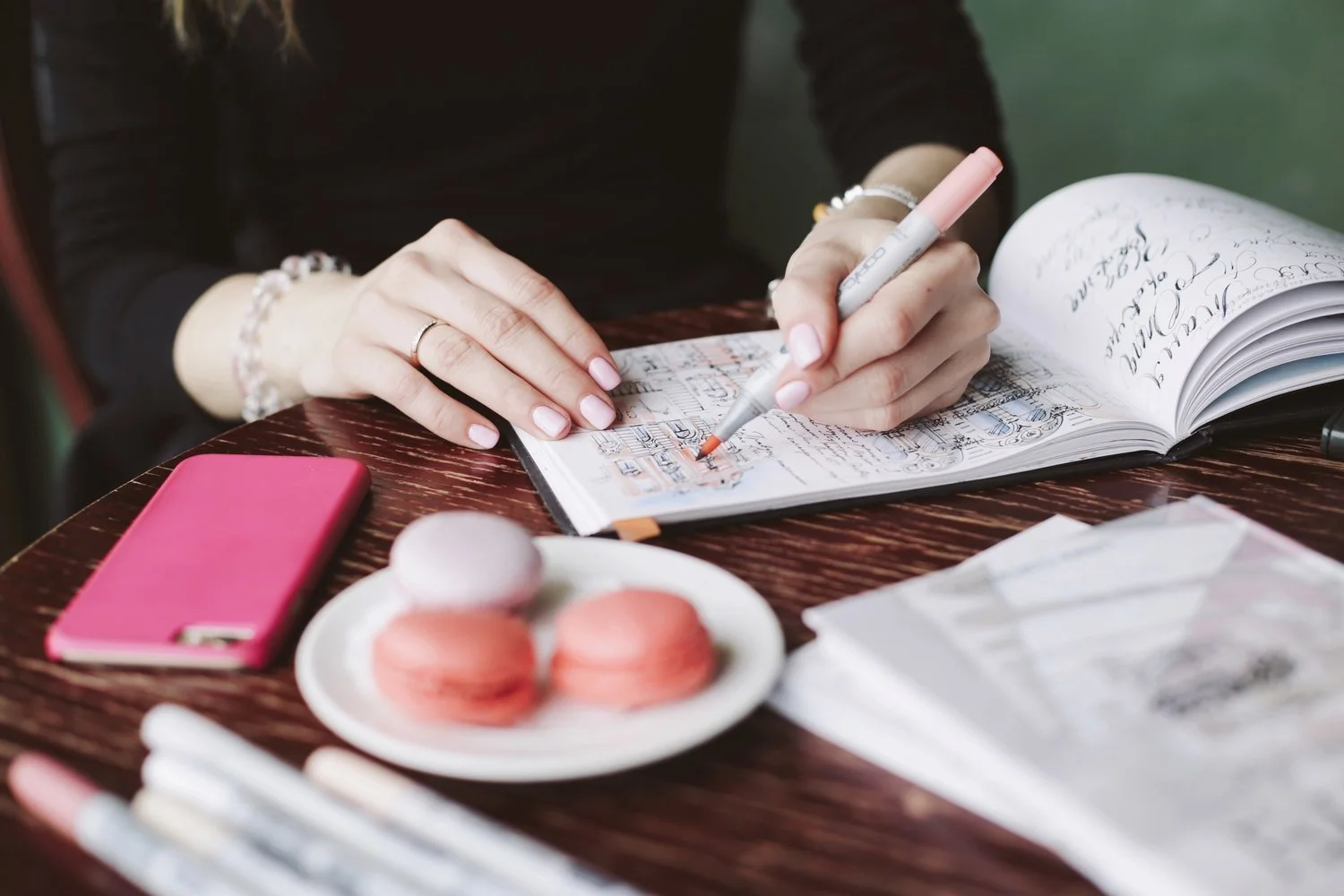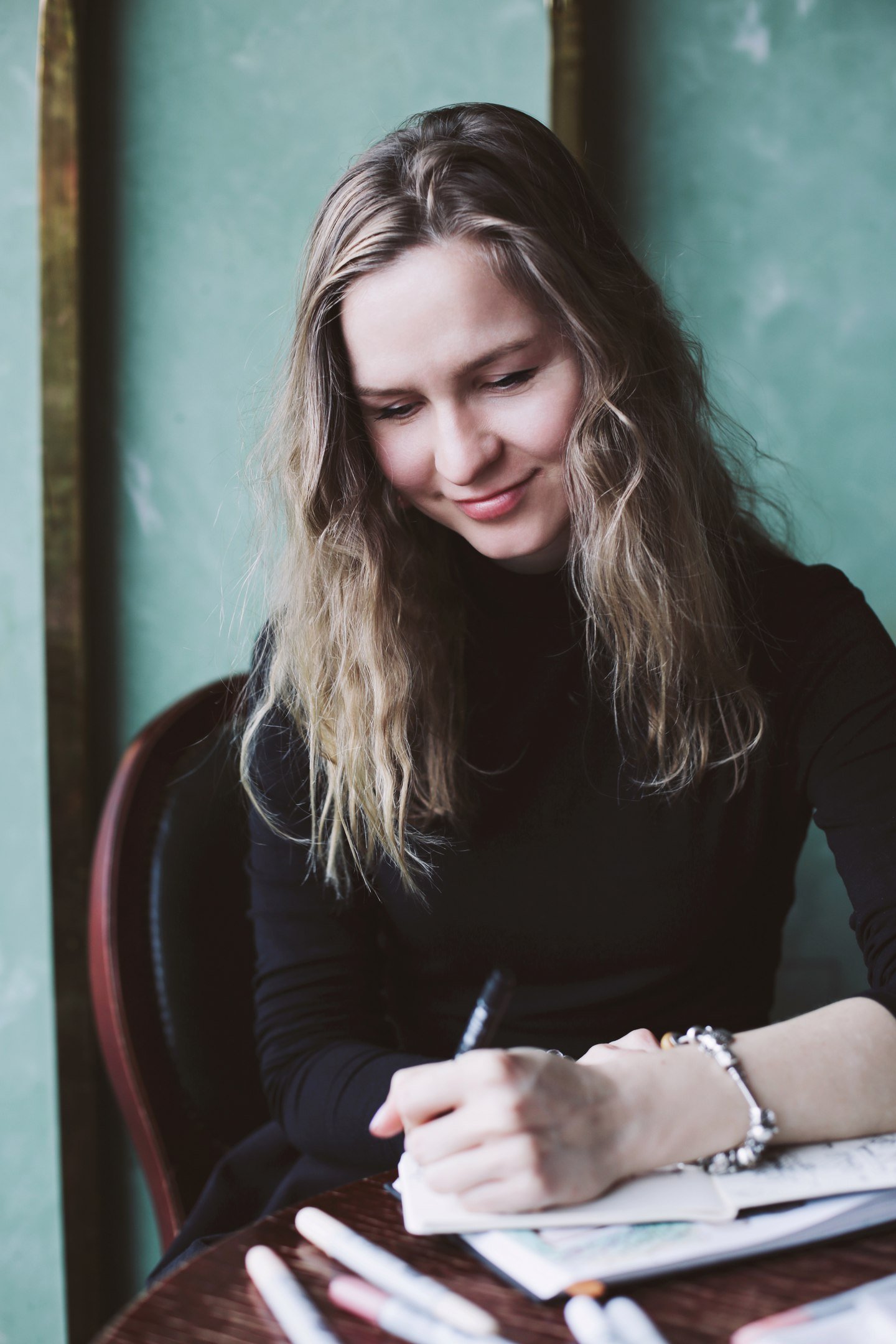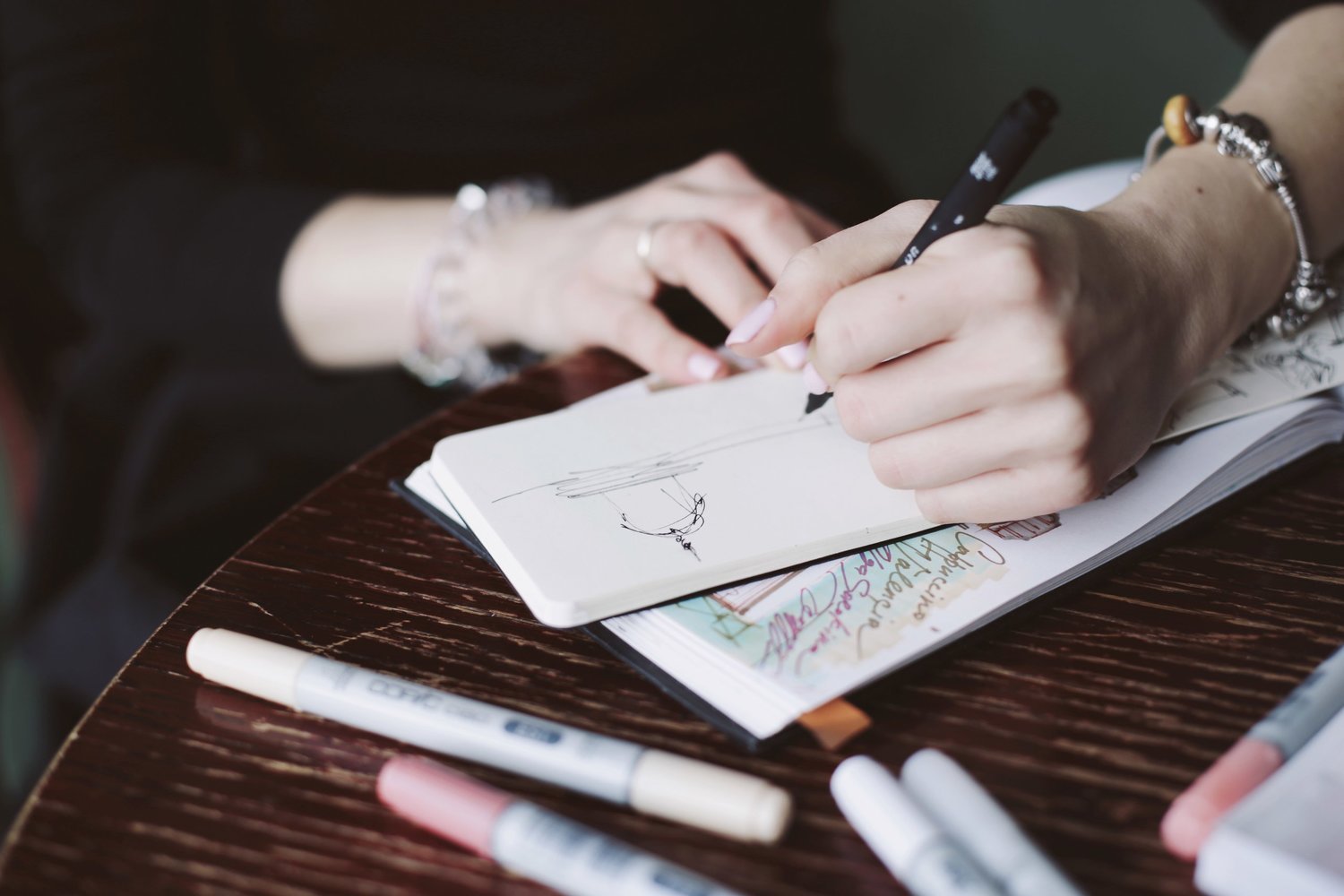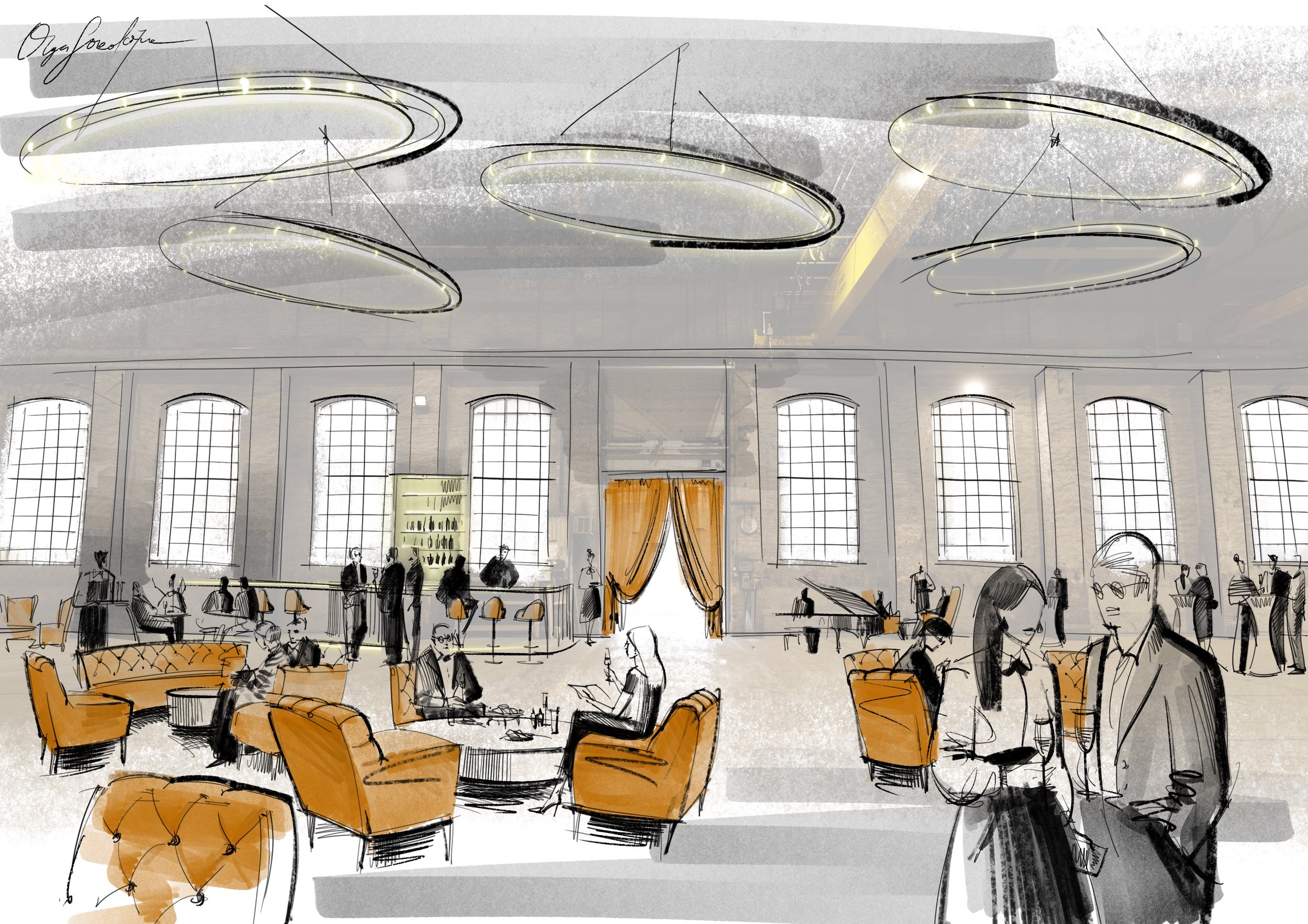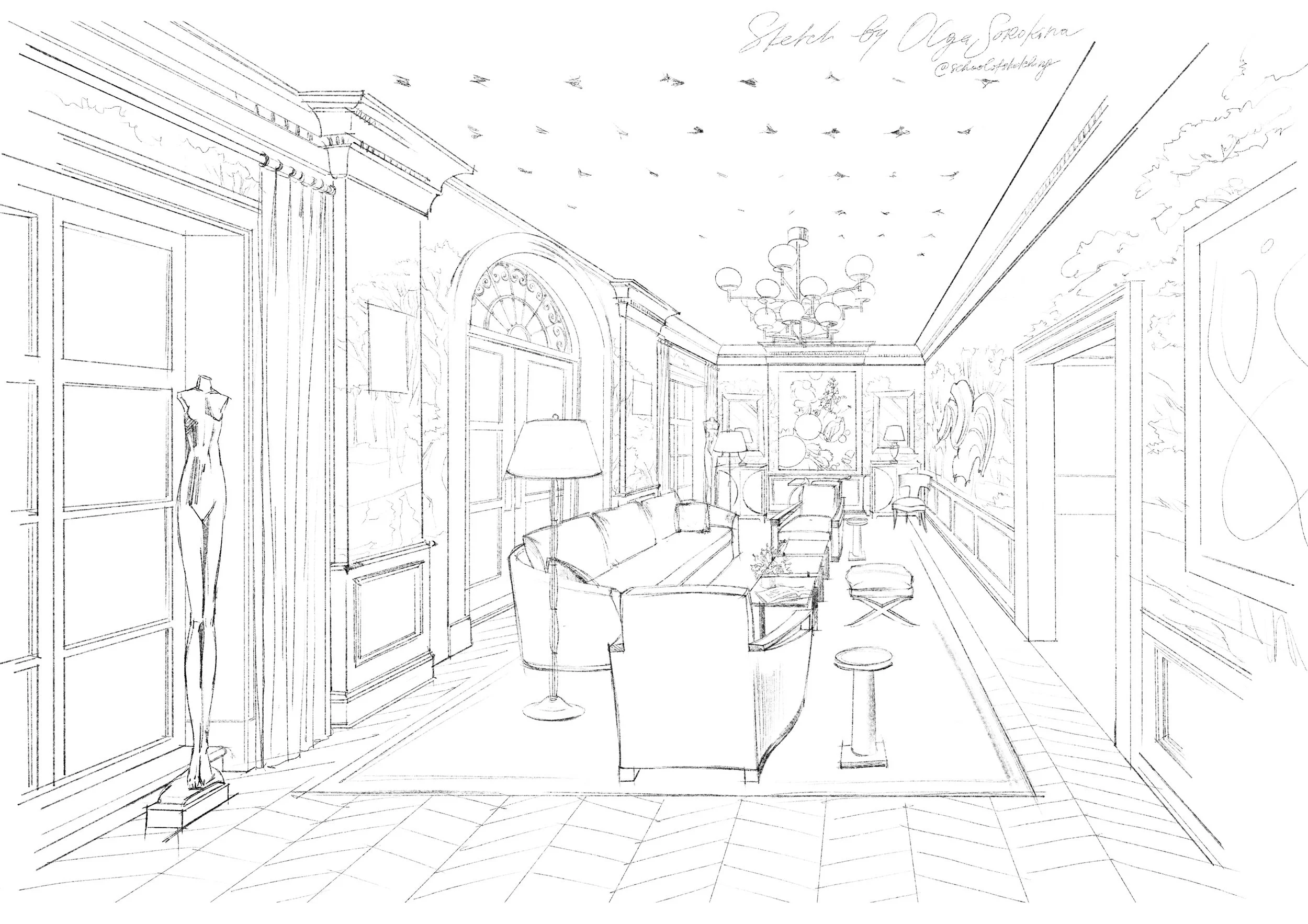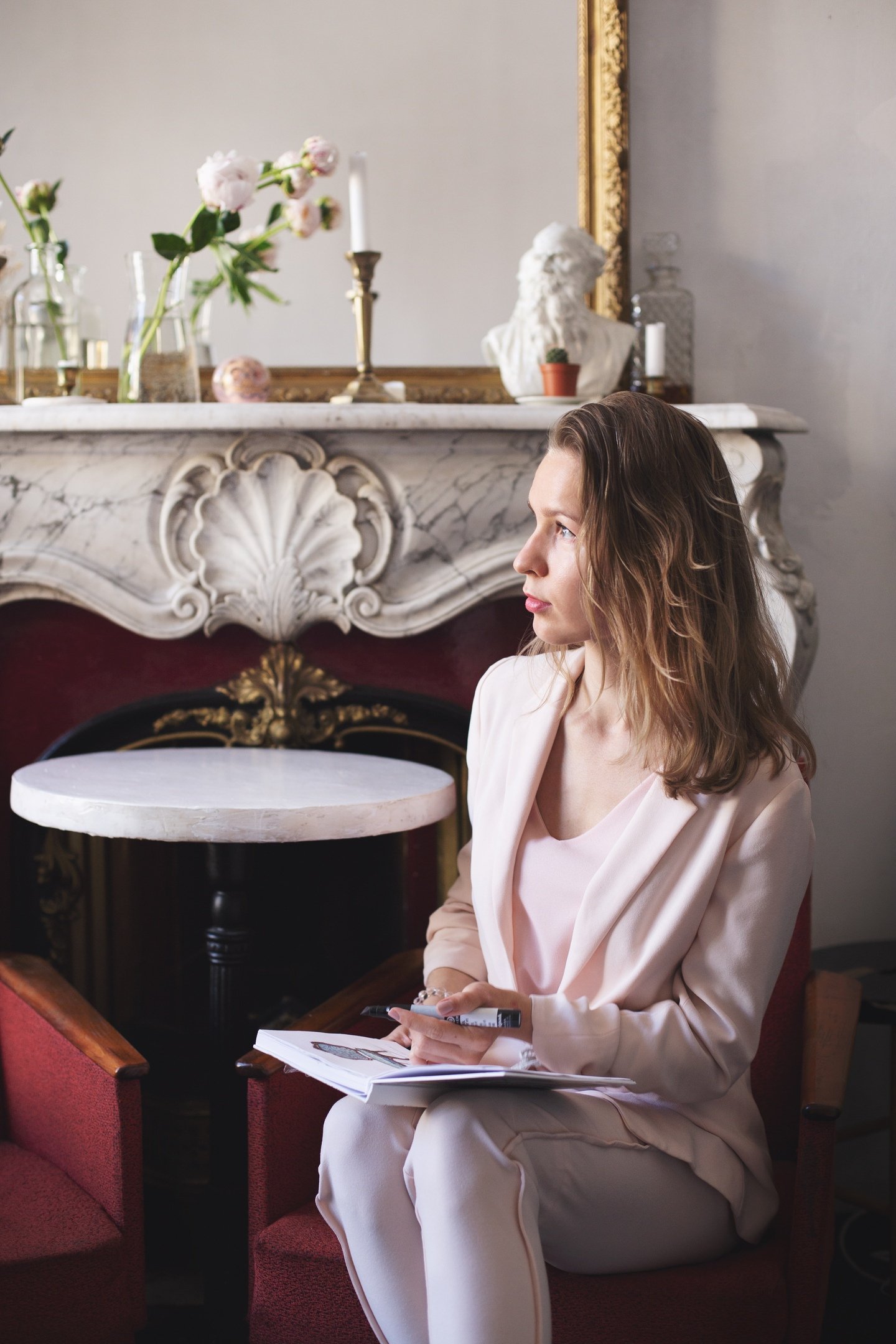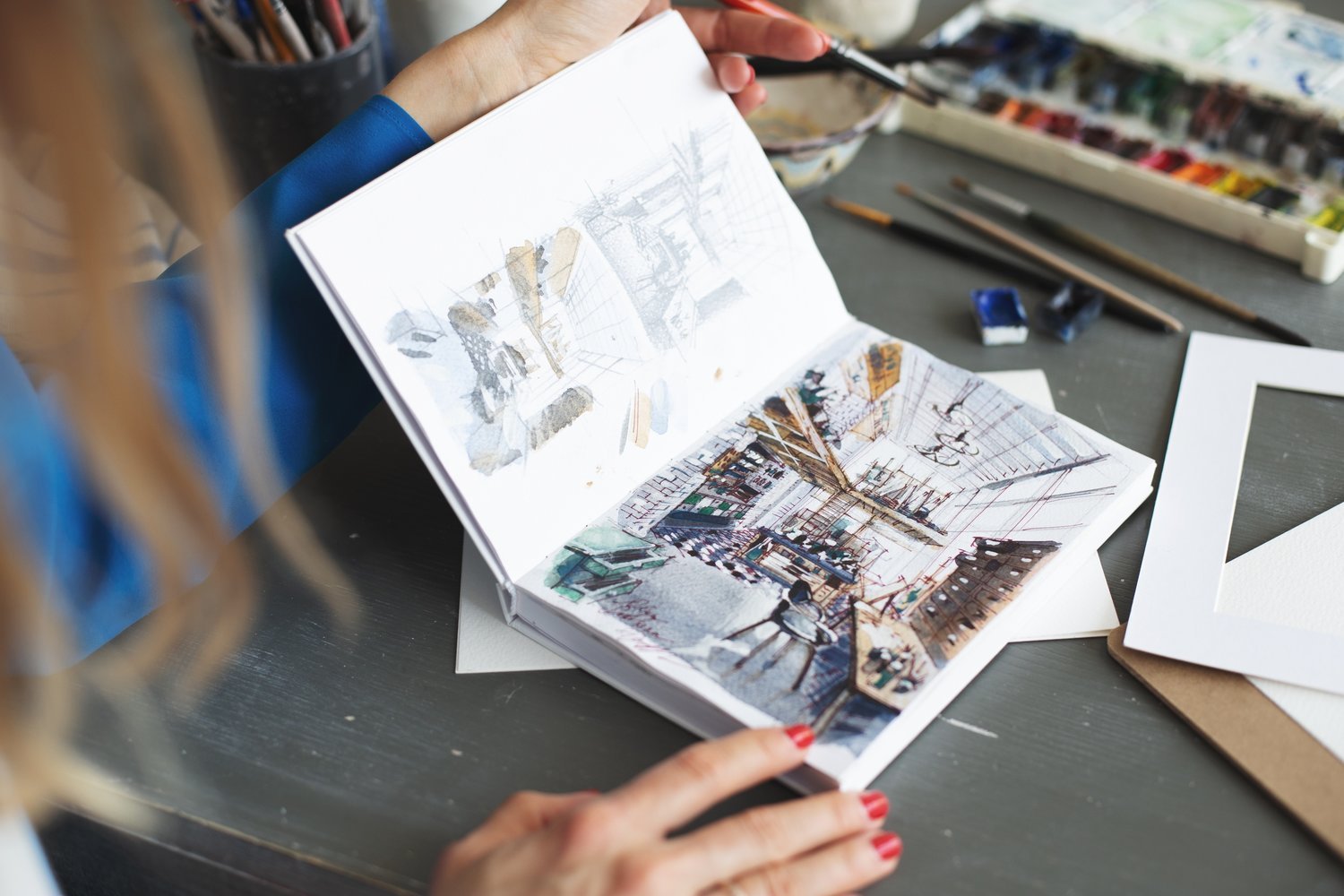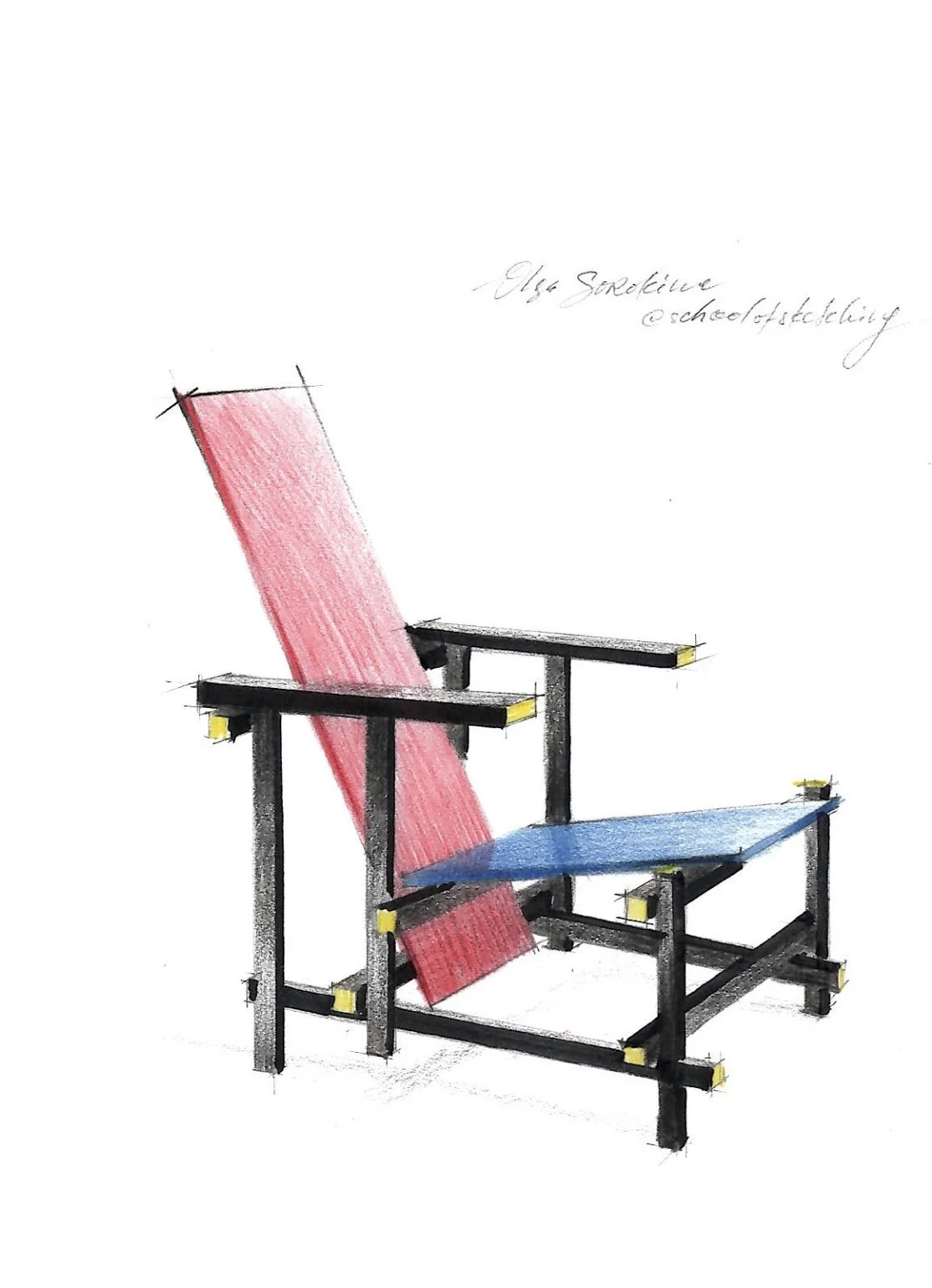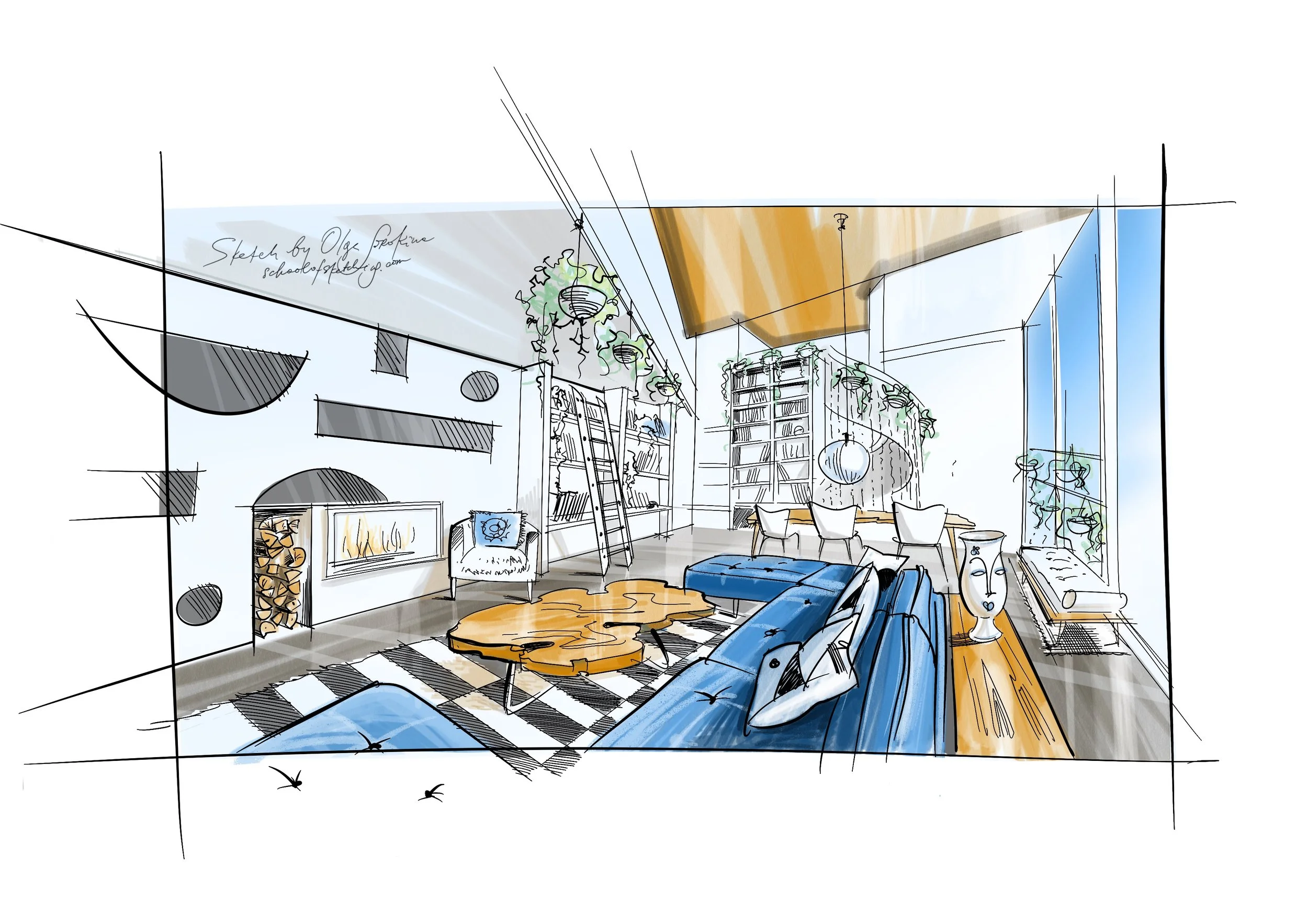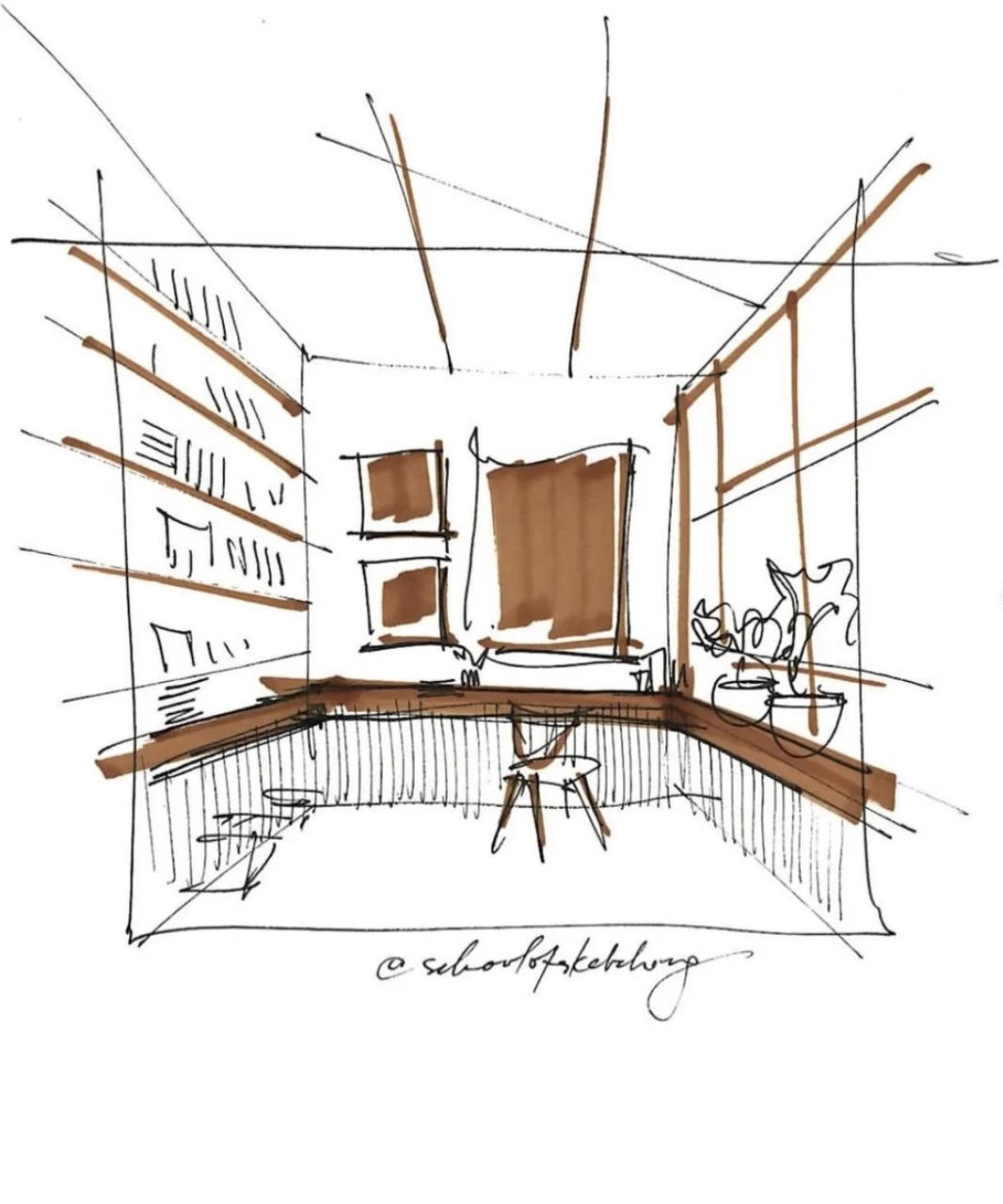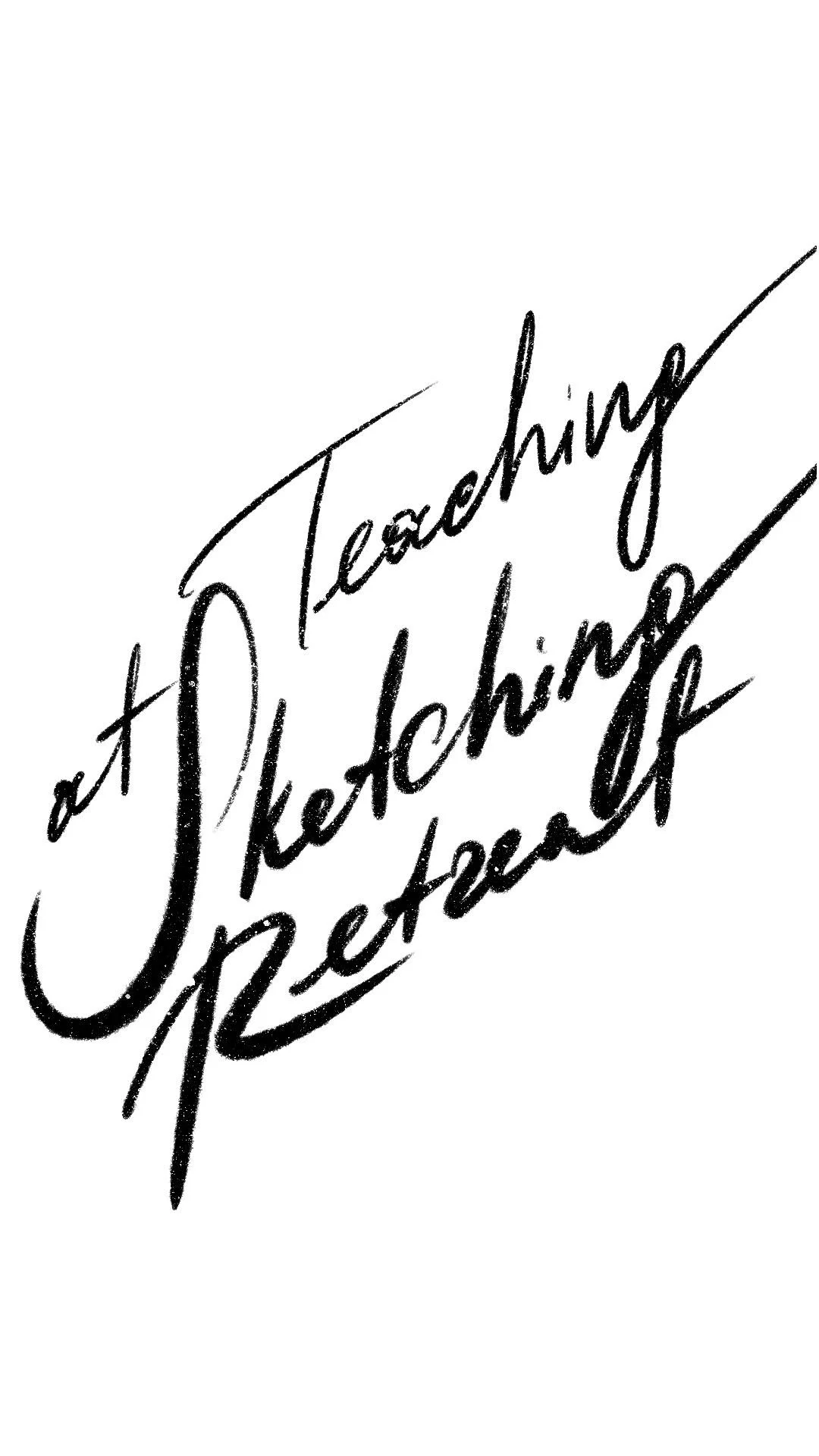Many beginners in drawing in general and interior sketching in particular have certain fears and concerns related to drawing.
Obviously, everyone has their own fears, but they are basically very similar to each other.
My next blog post is going to be about these problems of beginners in sketching, painting and drawing and how to cope with them.
Have inspiring and useful reading!
GET MY PDF LIST OF MATERIALS FOR SKETCHING,
PLEASE ENTER YOUR NAME AND EMAIL IN THE FORM:
Many students write to me that they have never drawn before, so they are afraid to start. Some of them are nervous because they have no art education, while others were drawing 10 years ago and now they think it is too late, that they have forgotten everything, lost their talent, etc. In general, people who are creative by nature are often afraid to start, afraid to go back to drawing, afraid that nothing will work out.
On the other hand, they realize that time flies by without action being taken. It is also common for someone to think that they are not creative at all, but they draw, paint, create and design in their dreams.
What to do with all this and how to get things moving? Let's take it in order.
1. “I am afraid to start drawing as I have no art education”
This is the number one fear, based on my students' letters. Actually, this fear is one of the most popular and most paralyzing fears I've come across among beginners. Speaking specifically to it, I have a very strong and powerful argument. Have you ever heard of the fact that most famous artists didn't go to art schools when they were children, and many of them simply failed to enter the Academy of Arts at the first, second or even third attempt, while many who did enter were expelled from the same Academy for being “untalented” or “unsuitable”?
“Most famous artists didn’t go to art schools when they were children, and many of them simply failed to enter the Academy of Arts at the first, second or even third attempt.”
Names, surnames? How about these, for example: Salvador Dali, Ivan Kramskoy, Vasily Surikov, Konstantin Savitsky, Pavel Filonov, Mikhail Shemyakin... All these brilliant and genius artists were once expelled from the Art Academies. The list can go on and on, if you look deeply into the biographies of the famous artists.
And do you know the story of Auguste Rodin, for instance? He tried three times, three times (!) to enter the École des Beaux-Arts in Paris, but each time he failed, which made his father furious and shouting that Auguste was completely untalented and would never achieve anything in art.
“Auguste Rodin tried three times to enter the École des Beaux-Arts in Paris, but each time he failed, which made his father furious and shouting that Auguste was completely untalented and would never achieve anything in art.”
Do you really think that art school would have made an artist out of you if you had studied there as a child? That's not a fact. The fact is, you're the one who makes the artist out of yourself. That's all. Definitely art school gives you some basic knowledge and skills in using various materials, but it also depends on the teachers: some can inspire a child to create more, while others simply discourage them from drawing. Fortunately, I have been mostly lucky with teachers: at art school (Children's Art School No. 4 “Alexandrino”), at the Art and Aesthetic Lyceum No. 190 on Fontanka, at the Academy (Saint Petersburg Stieglitz State Academy of Art and Design).
To me, the most important thing about art school is that you practice, that you are surrounded by creativity and people who share your interests from an early age, and that is strength. What subjects did we have in art school?
Painting, drawing, sculpture and art history. By the way, at children's art school (I studied at the Children's Art School No. 4 “Alexandrino”), we only drew in watercolor. I remember that I first tried tempera, gouache and acrylic paint in grade 8 of the Art Lyceum No. 190. I did my first oil painting in 2011, after graduating from Stieglitz Academy, and I tried professional markers for the first time in 2012 (it was Copic and Promarker, as I still recall).
“Do you really think that art school would have made an artist out of you if you had studied there as a child? That’s not a fact. The fact is, you’re the one who makes the artist out of yourself. That’s all.”
Do you know what talents are revealed without any art schools? What bright personalities and amazing styles they have! You can start revealing yourself at 30 or even 40/50/80! I recall now how at my Lyceum (Art and Aesthetic Lyceum No. 190 on Fontanka Street 22) there was a termly review of drawing and painting and how everyone gathered around one girl's drawings and everyone was impressed by her work for its originality, creativity and strength, and our drawing teacher, who said: “This is what a child who is not spoiled by art school is like”. By the way, she is now a successful graphic artist and book illustrator.
2. “I'm afraid it's too late for me to start.”
This is probably the number two fear in terms of frequency. It's a waste of time to think, “Oh, my time is gone, my parents didn't send me to art school as I was a child, now it's too late, I'm already 30/40/70 (insert your own) years old and time is lost, opportunities are lost...”
Of course, it's late, you're not 7 years old enough to enter a children's art school (by the way, I was accepted at 6; as always, I was the youngest everywhere: in art school, school, lyceum, university). Many of today's most famous artists started their careers in their 30s, 40s and later. Take Van Gogh for example, he started at almost 30 and created an incredible number of paintings in less than 10 years, a real legacy to the entire art world. And you're still wondering, "Is it too late to start?"
“It’s never too late to learn, it’s never too late to start drawing.”
I'm a little surprised by the comments "You draw so beautifully, I wish I could draw like you" or "I'll never learn to draw like you", and there are always ellipses at the end. I can't really understand people like that, why should they draw like me when they can express their individuality? Sure, copying is useful (especially the old masters) for training your hand and mastering your technique, but you have your own style, which you need to reveal and develop. Perhaps, sometimes you're just too lazy to spend time drawing and fill those minutes and hours when you could have been drawing by falling down the rabbit hole of social media, losing an hour or so there every day. Start drawing instead, you won't miss anything crucial if you don't look at the newsfeed. The key is to devote your time to drawing, you know? Take your time. Regularly.
You should take a sheet of paper and a pencil and immerse yourself in a different state, a state of art and creativity, rather than consuming an endless stream of information. Why draw like any other artist? Why be like him or her? It feels like something out of adolescence when you want to be like a certain actress or singer. Being yourself is the most interesting thing. Anyway, one day you will miss the real you and “come back” to yourself.
“The key is to devote your time to drawing, you know? Take your time. Regularly.”
I started drawing before I could talk. Just imagine what it would be like if you drew so much. For as long as I can remember, I have been drawing all the time, drawing when I felt bad or sad, drawing when I felt good or happy, drawing at art school, drawing in chemistry and physics classes, drawing when I was on the road. And there have been times in my life when I haven't touched a pencil or paper for a month or even two or three months (which happened, by the way, only after I graduated from Saint Petersburg Stieglitz State Academy of Art and Design) and I have focused entirely on interior design, on drafting or on 3D MAX. It used to literally get me down, physically and emotionally. However, when I feel really down, I start drawing and things gradually get better, that's the magic.
3. “I'm afraid I've forgotten how to draw.”
It is even harder mentally to go back to drawing than to start. The beginner's advantage is that they progress quickly and see their instant growth. But coming back is much more difficult because you used to draw really well, perhaps even went to art school, you were praised, admired and applauded as a talented child, and then, when you come back to drawing after such a "long break" (sometimes several decades), of course, you get enormous self-doubt. Trust me, all artists have a “fear of coming back” to drawing, and I am no exception. And the longer the period of "not drawing", the harder it is.
“And you have that chill all over the skin and a thought flashes through your mind: “Oh, is my talent really lost?!””
Here's a vivid example from my life, which I would call "The triumphant comeback after summer to painting classes at the Saint Petersburg Stieglitz State Academy of Art and Design”:
Oh, those summer days, the long summer holidays, two whole months, during which not many of students took up paints and brushes, except for pencil sketches and the occasional “scribble”.
And then, in early autumn, you go to your first painting class, confident, satisfied, full of energy, rested and tanned. They put on a beautiful performance with a model and draperies; you take up the brush to create a masterpiece and in the first minute you realize that the brush is somehow strange to hold and you get scared, scared of the feeling that you have forgotten how to paint. And you have that chill all over the skin and a thought flashes through your mind: “Oh, is my talent really lost over the summer?!” And such a chill runs down your spine and a thought flashes through your head: “Oh, is my talent lost over the summer?!” You start to panic, lose your heart in frustration, and nothing seems to be working out. You can barely draw before the break and as the new class starts, you muster up the courage to ask your groupmates, “Guys, am I the only one who feels like I've lost the painting skills over the summer?” And you hear the relieved exclamations and giggles around you: “Huh, I thought it was just me!”, “Yeah, it's me too!” It makes you feel better immediately, and by the end of the second class the brush is running faster and faster across the sheet, the strokes are becoming more agile and confident; the ‘talent seems to be returning”.
What is the lesson here? Well, it is important to go back, it is important to start drawing again, to just start, to take the first step and to do it without criticism, without self-condemnation. Indeed, this is always the hardest part, but afterwards it will immediately get easier and you will be surprised to notice how quickly your rusty wheel of creativity speeds up.
“All artists have a fear of coming back to drawing. And the longer the period of “not drawing”, the harder it is.”
My God, there are so many fears and doubts like this:
The fear that ‘it's not time yet”, the fear-excuse “later, later, when we move in / when my daughter passes her exams / when summer comes and I start drawing”, etc. Fear of comparison and judgment from others is also highly popular. There's one answer to all these fears, and it's both simple and complex - just start drawing and never stop at the first failure. Just keep doing it all the time.
It's really dangerous to put creativity “on hold”, to put your interests and yourself on hold because the further and longer you put it off, the weaker your belief in yourself gets, but the stronger your fear becomes and the harder it will be to overcome later.
“There’s one answer to all these fears, and it’s both simple and complex - just start drawing and never stop at the first failure. Just keep doing it all the time.”
One last point I want to make in this blog post:
Every aspiring sketcher has his or her strengths. Everyone does. The challenge is to develop them. One has a natural talent for painting in watercolor. How many times have I noticed among my students that even if a person has never painted in watercolor before, when they do their first work in watercolor, it is obvious that they have a good feel for the proportions of water and paint and feel this technique instinctively. In others, I've often noticed an amazing sense of color and coloristics. Perhaps you have a special talent for composition, don't you? And what about your innate sense of proportion? Otherwise, you may be a hidden master of watercolor or markers.
You will never know until you try! Reveal yourself, explore yourself! If you're afraid that you don't have any of that and still suffer from not having an academic education, try to look at your situation from a new perspective: you are not "spoiled" by art school or any other educational system, you are an individual, you are a natural genius. Not having an academic education can also be a strength, depending on how you look at it.
I just recalled the words of my favorite Dali:
“Even at an early age, I acquired the vicious habit of thinking of myself as different from everyone else and behaving differently from other mortals. It turned out to be a gold mine!”
Creativity shows your identity, your uniqueness. No one will ever draw like you. It's definitely good to copy the masters, to know the techniques, to be surrounded by other creative individuals - that's what classical art education is all about, and that's its strength. The most important thing is not to think about what you've missed or what opportunities you've lost in your life at the moment, but to focus on all the wonderful things you have to discover and learn! Especially nowadays it's so easy to do and you are well aware of it: how many courses both offline and online exist, how many master classes, drawing challenges and contests are held! Get involved in all this! Immerse yourself in creativity.
By the way, join my Free Perspective Drawing Challenge: here
“Every aspiring sketcher has his or her strengths. Everyone does. The challenge is to reveal them.”
It’s important for you to discover your uniqueness, to be who you are by nature, to develop the things that are in you and above all you need to stop focusing on this thought that keeps replaying in your head: “Why didn't I start studying earlier? Why didn't my parents enroll me in an art school? Why did I decide to enter the wrong university? Why? Why? Why?” Just change your mind and allow for another thought: "Maybe it's all for the best? Is it even better for me?" And once you have that idea and mindset, attend courses, read art books, join marathons and master classes. Certainly, you don't want to find yourself at the end of your life as someone who has buried their talents in the ground and never used them.
What fears do you have about drawing? What do you think about this post, was it relevant to you, what ideas and thoughts have you come up with? Please share in the comments below, it will be useful to all of us.
P.S. If you liked and found this blog post useful, please share it with your friends on Instagram or Facebook. Thanks a lot!
© Olga Sorokina
